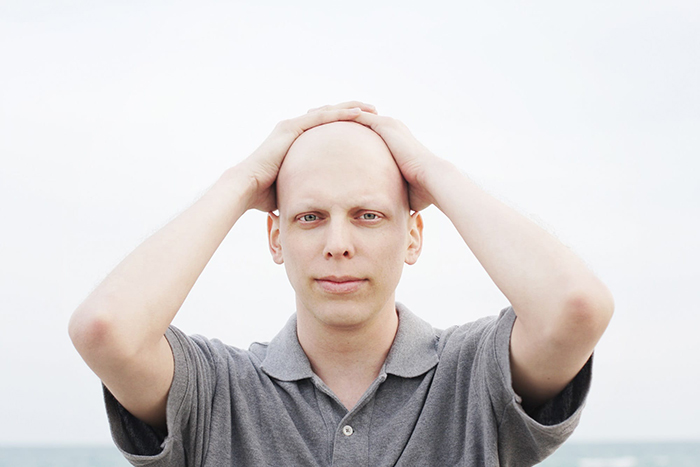Staying healthy is essential, and at Emory Healthcare, we’re here to help you find the care you need when you need it. With more than 2,800 doctors and 300 locations, including 11 hospitals, as well as primary care offices, urgent care, and MinuteClinics, we’re delivering specialized care across the region. Find a doctor near you to help you get and stay healthy.
Our doctors do more than practice medicine – they advance it. Through research and clinical trials, we’re developing new and better ways to prevent and treat disease.
That’s the Emory difference.
About Dr. Mehta

Akanksha Mehta, MD, is an associate professor of Urology at Emory University School of Medicine. Dr. Mehta’s clinical interests lie in the area of male reproductive and sexual medicine, and microsurgery. She currently serves at the Director of Male Reproductive Health at Emory Urology, and is a Guest Researcher in the Division of Reproductive Health at the Centers for Disease Control and Prevention. Dr. Mehta’s research interests lie in studying the impact of male factor infertility on clinical outcomes following the use of assisted reproductive technologies, as well as the recovery of sexual function among prostate cancer survivors. She is the recipient of research awards from the Urology Care Foundation and the American Society for Reproductive Medicine, for her work.
Dr. Mehta currently serves as the Director of Undergraduate Medical Education, and is closely involved in teaching and mentoring medical students and urology residents. She has authored several book chapters and peer-reviewed publications in Urology, and has presented at both regional and national meetings.





